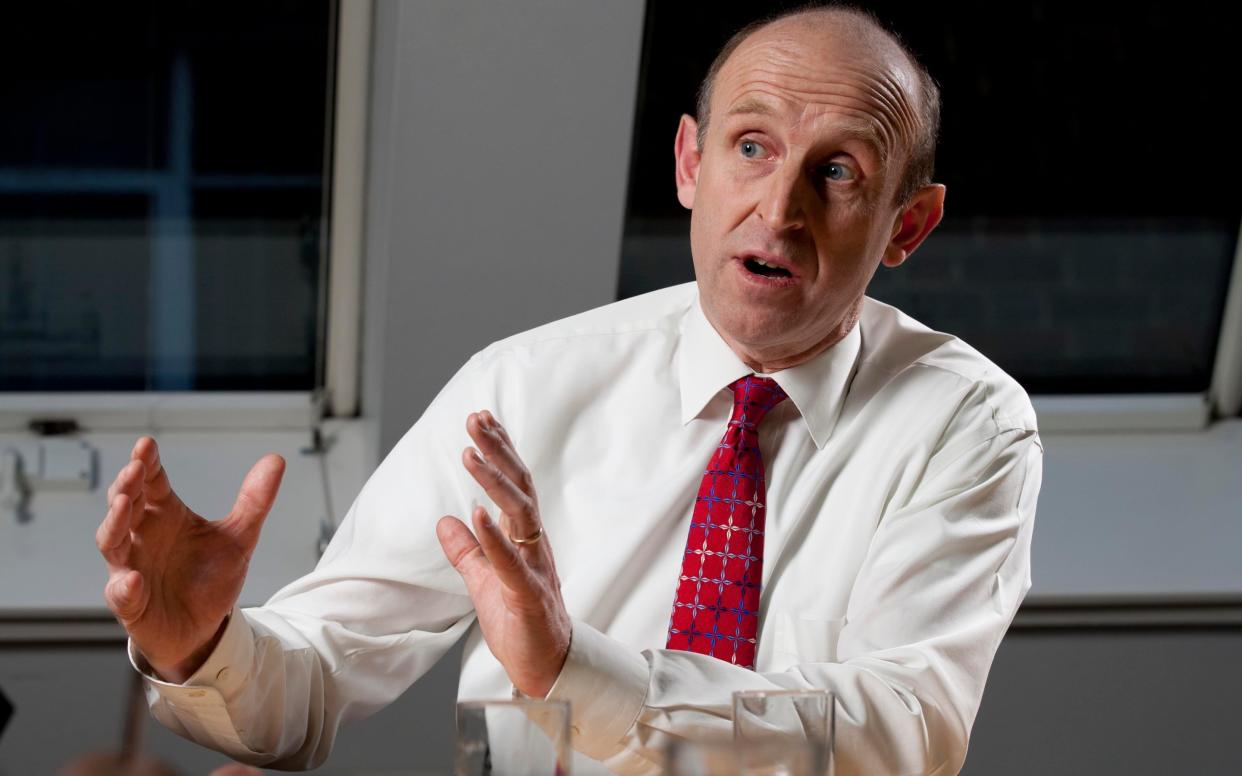Overseas Operation Bill to protect British veterans criticised for being 'MoD protection' in parts

An Overseas Operation Bill that is supposed to protect British veterans has been criticised for including a section that prevents both serving and former military personnel from suing the Ministry of Defence.
In an Urgent Question that will be put before the House on Thursday John Healey, the Shadow Defence Secretary, will ask the Government to issue a correction on the record after it dismissed accusations that within Part 2 of the Bill, which is yet to have a date set for its second reading, there is a provision for a six-year hard deadline on civil litigation claims against the MoD, for injuries or death caused by negligence in connection to overseas operations.
Mr Healey said that as a result this reduced the rights of British troops to pursue claims against the MoD as their employer and would "deny those who serve our country overseas the same employer liability rights as everyone else enjoys at home".
Johnny Mercer, the Veterans Minister, previously said Mr Healey should "reflect briefly on whether I would advocate a piece of legislation that would do that".

However, speaking to The Daily Telegraph, Mr Healey said: "The purpose of this Bill is to stop vexatious and repeated claims against our Armed Forces. But this bill does a bad job of that and in some parts it's an MoD protection bill, not an Armed Forces protection bill. It'll prevent military personnel themselves from bringing claims against the MoD, which they can now do."
Defence sources have raised concerns that if the six year rule is implemented, then injuries such as PTSD, which often do not present symptoms for years after the fact, may not be covered.
However, last week at the Defence Select Committee, General Sir Nick Carter, Chief of the Defence Staff, said: "My understanding is the clock starts from the point of diagnosis."
“The CDS says one thing, the Bill says another, so we want clarity”, the source added.
Meanwhile, in a letter written to Ben Wallace by Tobias Ellwood, chairman of the Defence Select Committee, he listed a number of concerns that would render the Bill ineffective in achieving the aim of “protecting serving personnel and veterans against vexatious or unnecessary investigations and prosecutions”.


